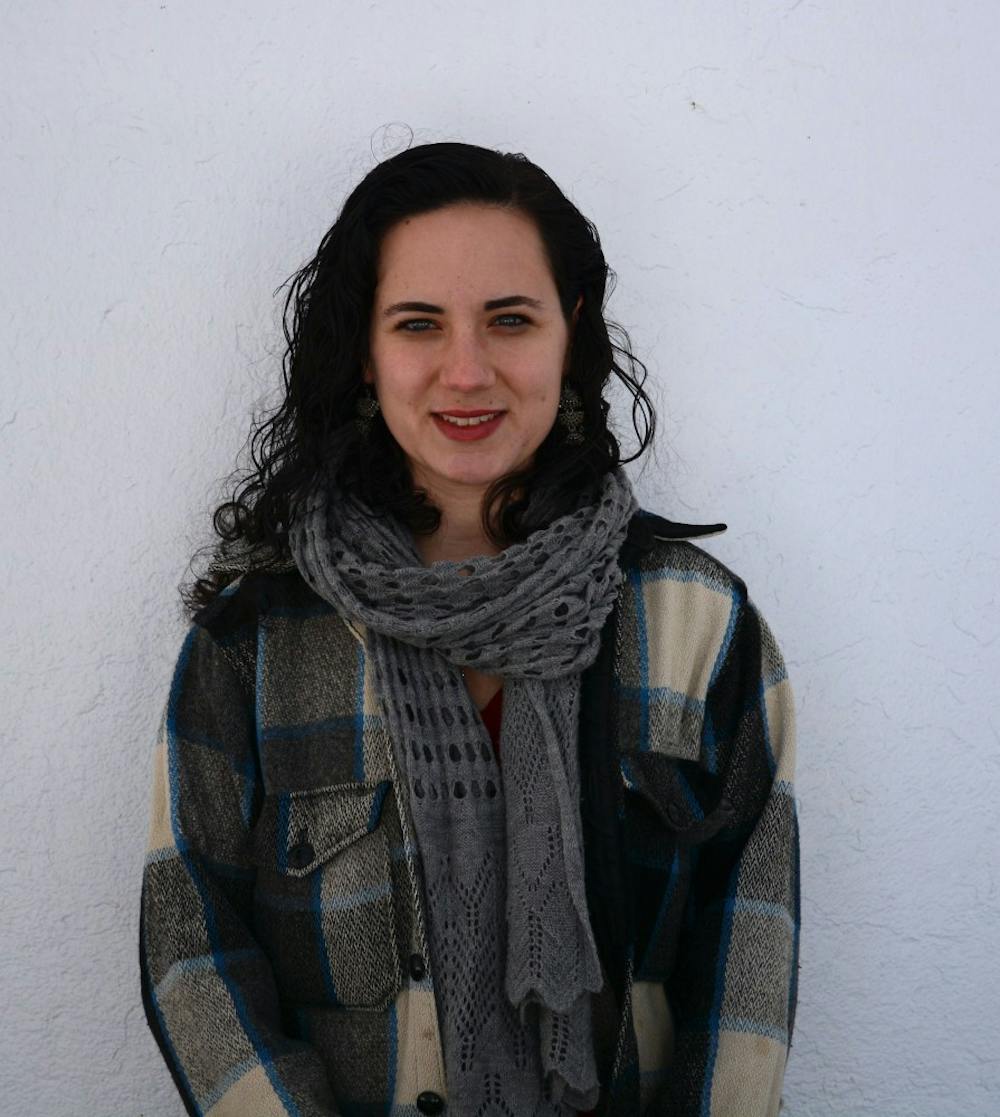By offering scholarships to incoming University students, the Jefferson Scholars Foundation aims to attract students who have exhibited Thomas Jefferson’s ideals of leadership, citizenship and scholarship — oftentimes bringing students to Grounds who would not be here otherwise.
First-year College student Jeremy Jones — one of 33 Jefferson scholars in the class of 2017 — said many scholars would not have attended the University if they had not received financial support, particularly since a majority of them are out-of-state.
“I was interested in [the University], but there was no way I could’ve afforded it,” Jones said. “I had to pay for school myself.”
Jefferson Scholars each receive a check which covers tuition and room and board each semester, as well as a small stipend to cover club dues and activity fees. The Jefferson Scholarship is one of the few merit-based scholarships available to University students — though it is awarded through the Jefferson Scholars Foundation, not through the University itself. The Foundation originally grew out of the University Alumni Association but now has its own board of directors.
According to Jones, however, the award comes with a few strings attached.
“The scholarship made it possible [to be here],” Jones said. “There’s a hidden pressure I should be doing more to make it so that I’m worth the investment.”
High school seniors must undergo a lengthy process before being awarded a Jefferson scholarship. A student can be nominated by their high school, or the Admissions Office can pull an application and send it the Foundation. There are then two rounds of regional interviews before students are selected for a Finalists Weekend, during which finalists are evaluated and the final class of recipients is determined.
Third-year College student Eda Herzog-Vitto, also a Jefferson scholar, was originally nominated by her guidance counselor. Overall, she said she had a positive experience with selection.
“The selection process is an extraordinarily holistic process,” Herzog-Vitto said. “They do a good job of getting all sides of you.”
Though grades and academics are heavily weighed when considering who will receive the scholarship, the Foundation also places heavy emphasis on involvement outside the classroom. This mentality continues throughout scholars’ time at the University, during which the Foundation encourages scholars to actively participate in the University community while requiring them to maintain a minimum 3.0 GPA.
“They want you to get the most out of your college experience and take risks while you’re here,” Herzog-Vitto said. “It’s not like they give us a specific number of activities we must do — they just want us to be involved and delving into the University.”
Herzog-Vitto has been involved with the triathlon team, the Undergraduate Humanities Initiative, Alternative Spring Break, horseback riding and Madison House during her time at the University so far.
“One of the best things about this program is a reassessment of values,” Herzog-Vitto said. “In high school, I was very fixated on getting into college — which activities would be most impressive on a résumé. I now do things based on what I enjoy.”
In addition to encouraging participation in the larger University community, the program also aims to foster a strong sense of community among scholars.
“The only people I knew when I came here were the other Jefferson scholars,” Jones said. “It creates a network that other designations at the University [can’t] provide.”
The Jefferson Scholars program also offers enrichment opportunities for scholars, such as the Institute for Leadership and Citizenship, which Herzog-Vitto participated in before her second year at the University.
“[The Institute for Leadership and Citizenship] was one of my favorite things about the program,” Herzog-Vitto said. “It is a chance to meditate on what you want to have happen in your life and what you want to amount to.”
After finding out they were accepted to the program, Herzog-Vitto and Jones both said they were excited about their futures at the University.
“I heard from other schools before selection weekend and then came down for selection weekend and totally fell in love with the [University],” Herzog-Vitto said. “Once I got the scholarship, I was like, ‘That’s it. I’m going.’”







